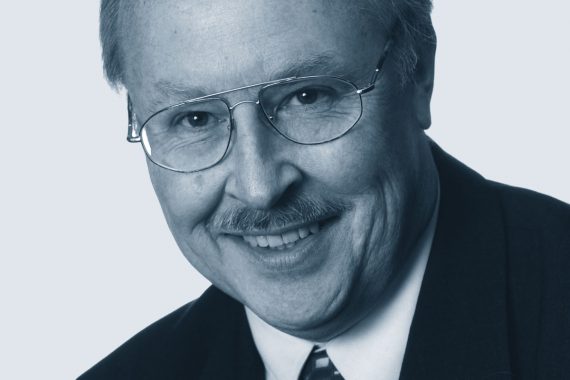GPs in practices with a 31 March year-end will have been advised of their January tax bill and those whose income has crept above £100,000 for the first time may be in for a bit of a shock.
The tax-free personal allowance disappears at the rate of £1 for every £2 earned over £100,000 and at £120,000, the £10,000 personal allowance has gone completely. When you calculate what tax is being paid on income between £100,000 and £120,000, it comes out at 60%. Add the 2% national insurance and that is a combined rate of 62%.
This means a GP who earned £98,000 last year and who takes on out-of-hours shifts to earn an extra £1,000 a month might receive a higher tax bill than they were expecting. They might have saved 40% of the extra for tax, a total of £4,800, but the actual bill would be £7,040. What’s more, HMRC would assume they would earn that again the following year and the two payments on account would each increase by £3,520, making the January bill £10,560 higher than usual. Here are three tips on how to cope.
1 Save regularly
In theory, saving for your tax bill should be easy; you set aside a percentage of everything you earn. However, this is easier said than done. A crisis might empty the coffers. Or you might not put a high enough percentage aside. If the money is simply not there to pay your tax bill, it is possible to ask HMRC for time to pay. However, HMRC may not allow it and will certainly charge interest on late payment. A simpler alternative may be to ask your bank for temporary finance.
2 Watch your home allowance
Many GPs will be affected by the reduction in the amount that can be claimed for use of home as an office. If, in the past, the deduction was calculated on actual costs and use, then that is still allowed. Many GPs, however, claimed a weekly flat sum and this is what has changed. HMRC is now basing the allowance on the number of hours spent per month working at home (see tinyurl.com/pva69r5 for details). If that figure is less than 25 hours a month, no claim can be made. For between 25 and 51 hours per month, the princely sum of £10 per month can now be claimed.
3 Keep track of expenses
A partner can claim a tax deduction for professional expenses incurred wholly and exclusively in relation to work, so keep track of these. For an employed doctor the situation is not as simple. HMRC adds that the expense must be ‘necessarily’ incurred in relation to the job, which means their contract must require them to incur the expense.
Bob Senior is chair of the Association of Independent Specialist Medical Accountants and head of medical services at Baker Tilly
















